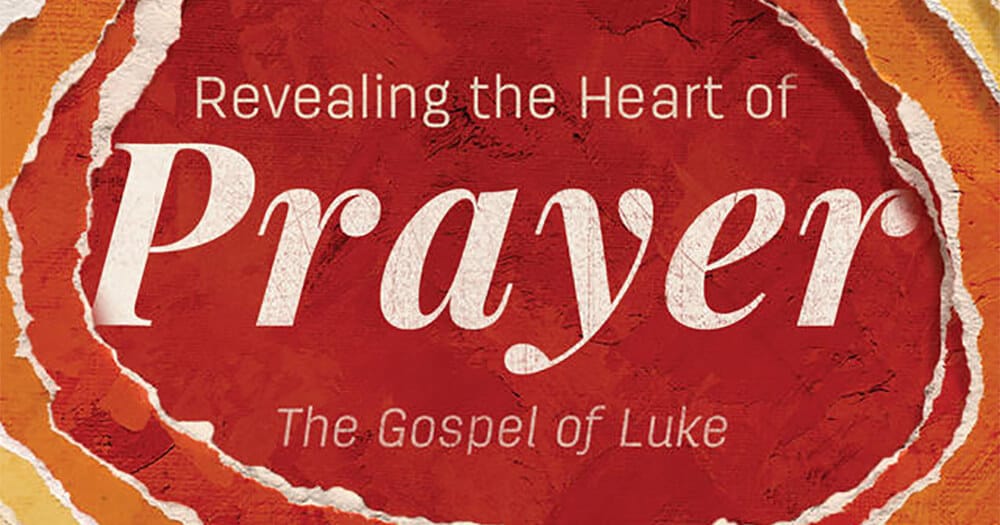God’s Word is transformative. It is this conviction which gives the Transformative Word series its name and its unique character. Series Editor Craig G. Bartholomew has worked alongside authors from around the world to identify a key theme in each book of the Bible, and each volume provides careful Biblical exegesis centered on that gripping theme. The result is an engaging, accessible thematic exploration of a biblical book, poised to offer you new and refreshing insights.
For his second volume in the series, Bartholomew takes a familiar narrative—the Gospel of Luke—and examines it through the lens of prayer. Because prayer is a hidden affair, between us and God, it can often be neglected or overlooked. In this excerpt from Revealing the Heart of Prayer, Bartholomew shows us that Jesus provides the perfect example for how prayer empowers us to effectively participate in God’s mission.
Prayer is a profound expression of relationship with God and, in Jesus’ case, of the interpersonal nature of the biblical God. Mysteriously, God is interpersonal within himself, and the drama of Scripture is enacted in its climax in the Gospel of Luke through the deep interconnections among Jesus, the Father, and the Spirit.
It is clear that we have in Luke’s Gospel more than isolated, unrelated instances of prayer. Luke associates prayer with the forward thrust of God’s redemptive drama, with gaining or disclosing insight into the reality of that drama and its central character, and with preparation for participation in its unfolding. Thus, as D. M. Crump observes, considering “the way in which prayer serves to attune the will of the individual to the will of God … Luke reveals various ways in which God is already guiding salvation-history, and prayer is a means of human perception of, and thus participation in, what God is doing.” God, we might say, manages his economy through relationships, and prayer is the deepest expression of this interconnectedness.
Throughout Luke’s Gospel, prayer is indispensable to the manner in which characters within the story align themselves—not only with the way in which God’s continuing story is reaching its climax but also with how this climax challenges shallow perspectives concerning God’s identity and nature. Those who hear this story are faced with a call concerning their present lives and God’s purposes, as narrated by Luke. Luke introduces us to characters who critically judge the drama unfolding in Jesus based upon prior commitments and privileges they are unwilling to relinquish. These individuals fail to enter God’s redemptive activity in the world and are thus doomed, having forsaken the key to knowledge (11:37–52). But those who pray with Jesus learn to call upon the God of Israel as “Father”; to relate to him as kind, caring, and benevolent; and to repent of selfish, fearful, violent, slavish, destructive, and dehumanizing orientations, in order further to align themselves with him and his purposes, clarified by Jesus’ portrayal of and teaching about his Father and his own messianic vocation.
* * *
Revealing the Heart of Prayer by Craig Bartholomew is now available in all formats. Get this illuminating volume and the other seven in the series today!





